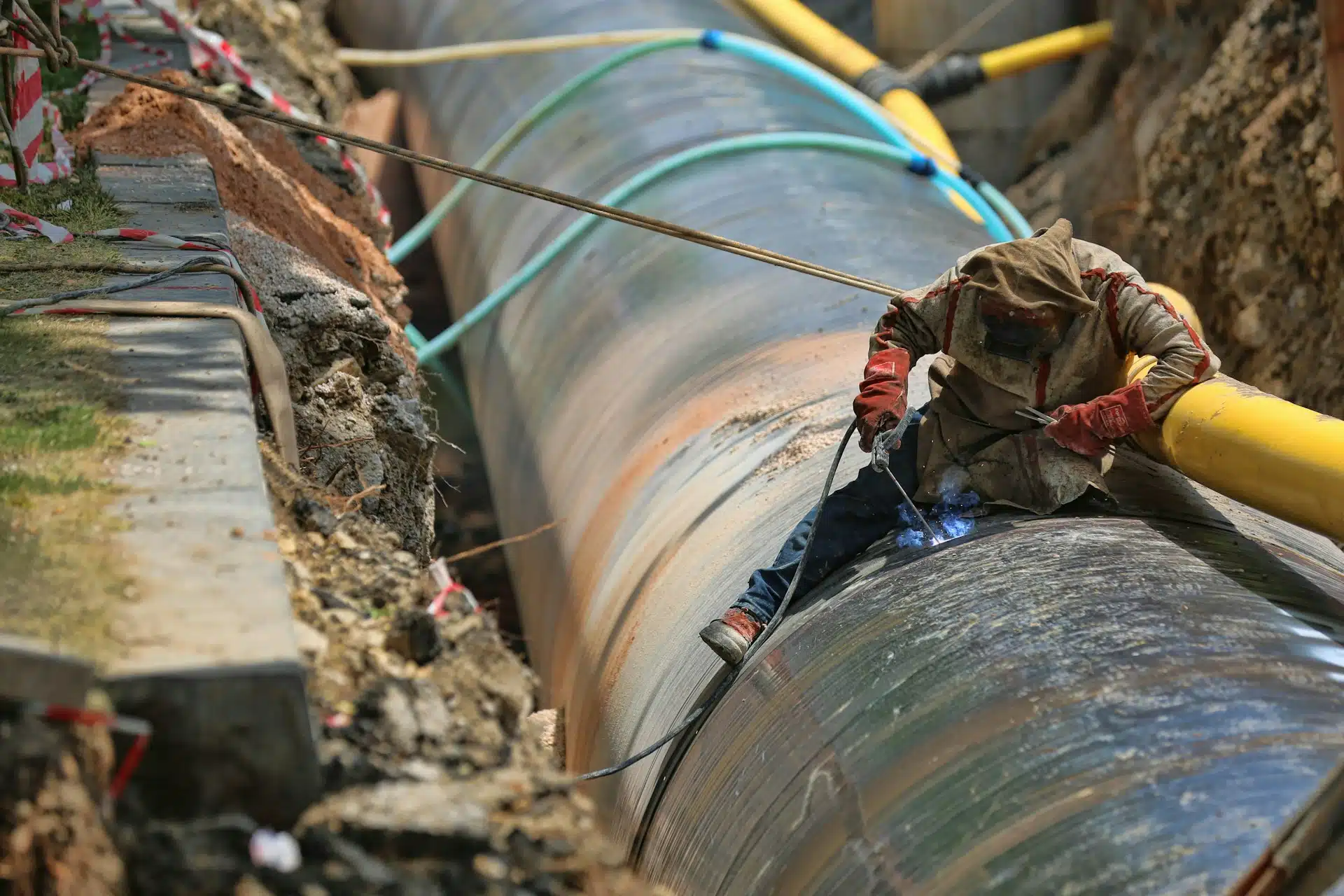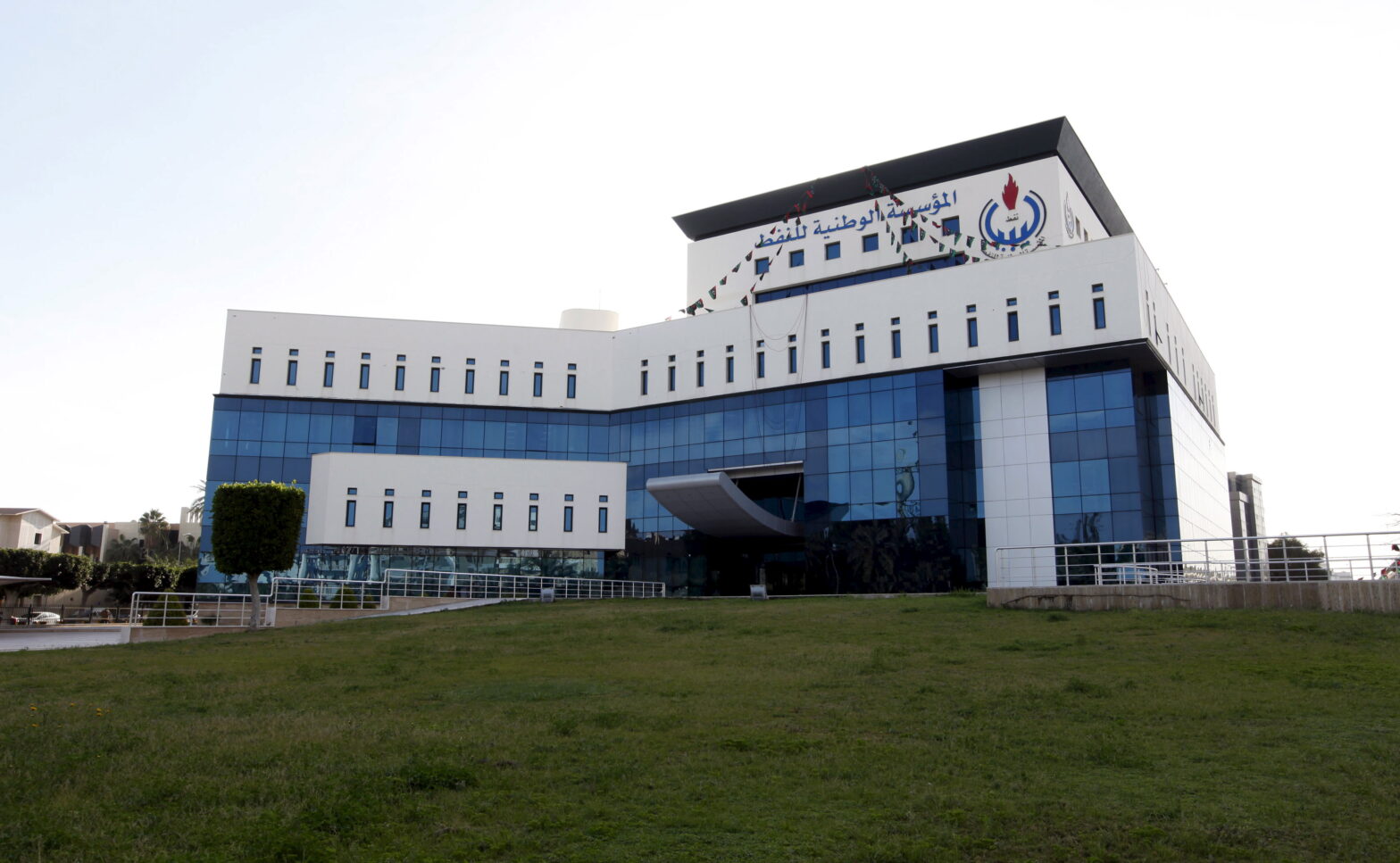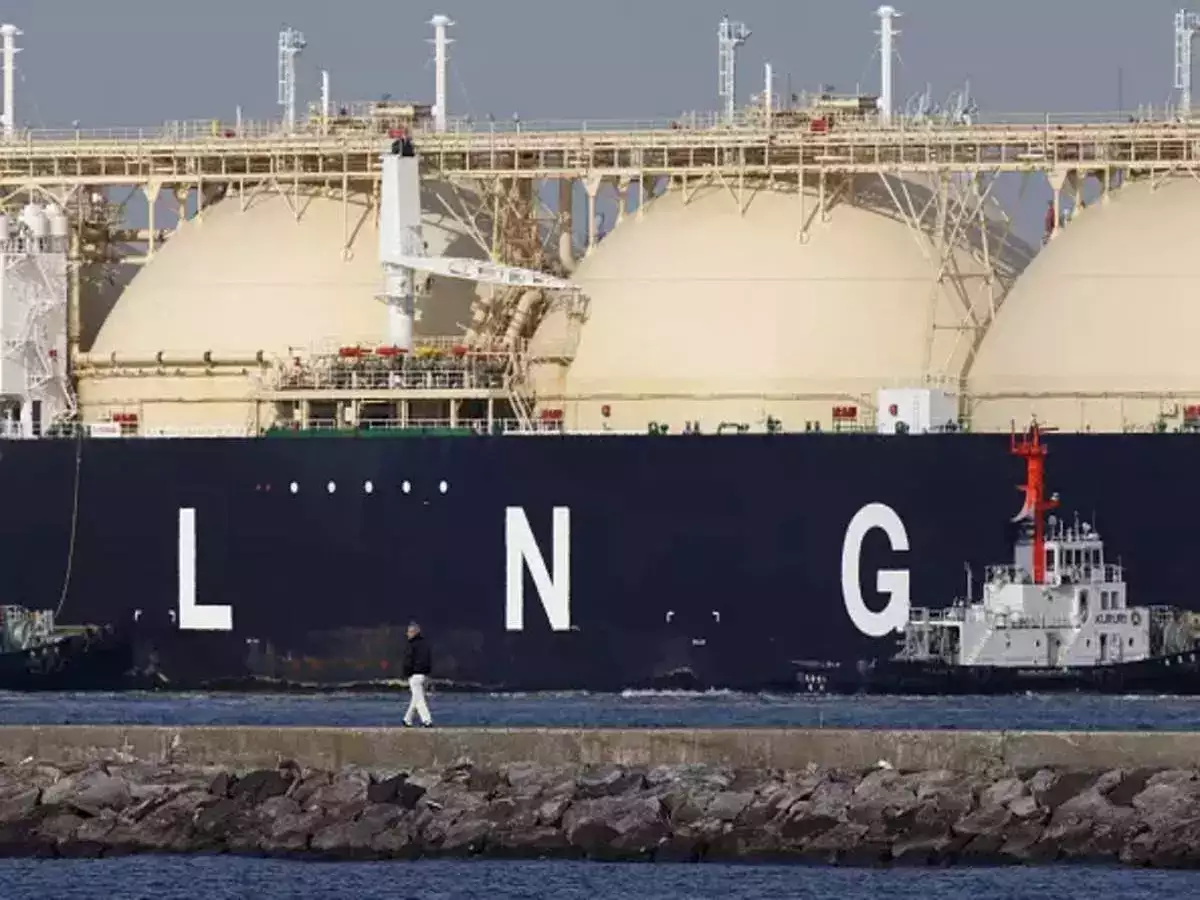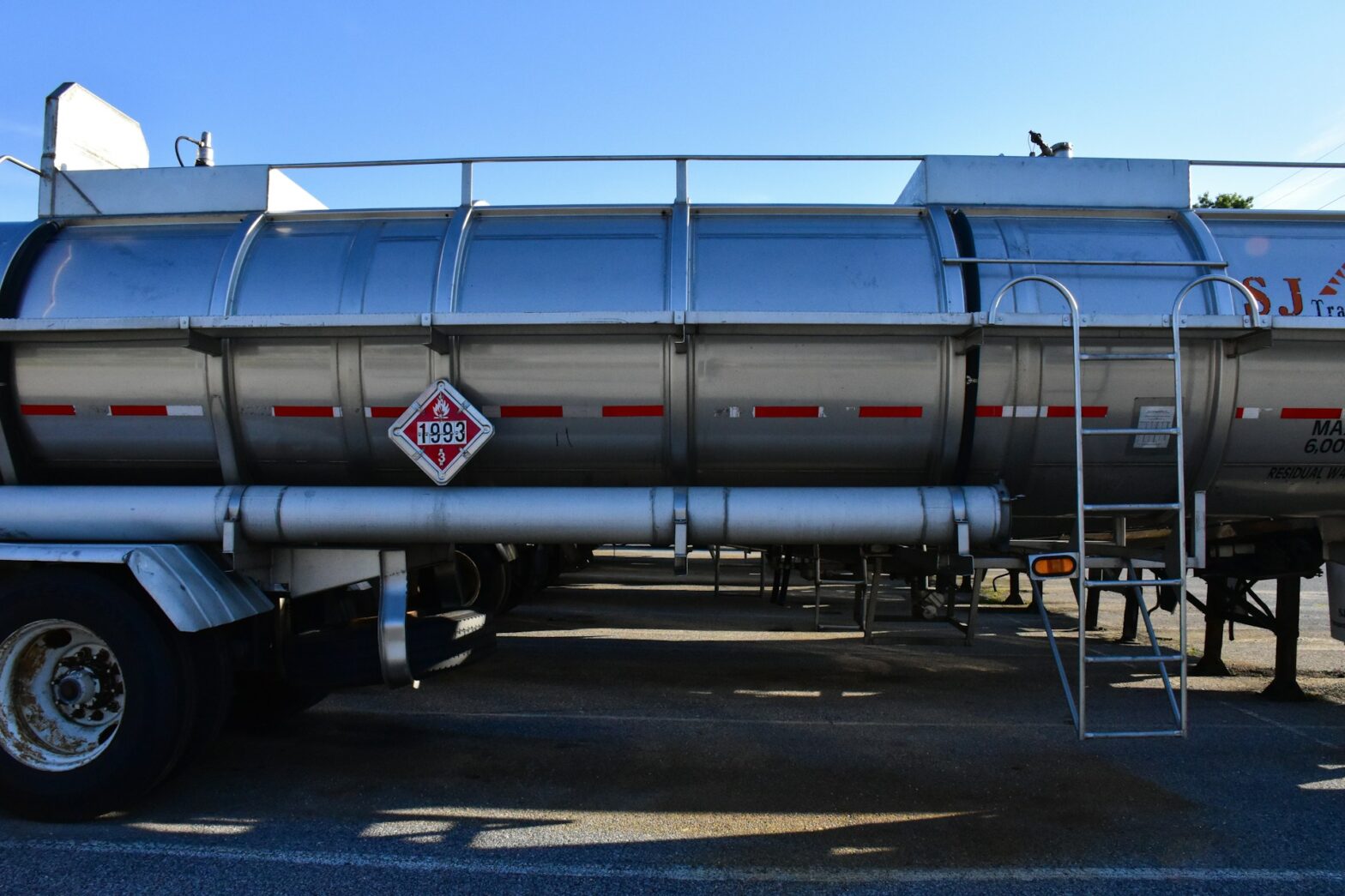Nigerian oil company Renaissance Energy has halted production into the Trans-Niger pipeline (TNP) following an operational incident, the firm said on Friday.
This was confirmed by Renaissance’s spokesperson, Michael Adande, who explained that the pipeline was immediately isolated and production stopped after a burst on May 6 caused an oil spill in the B-Dere community in Ogoniland.
The incident marks the second such occurrence affecting the pipeline within two months.
Adande said the company worked closely with the B-Dere community to access the site, clamp the damaged section, and recover spilled oil.
“With cooperation from the B-Dere community, our experts accessed the site, clamped the pipeline and recovered spilled oil, with clean-up preparations now underway,” he noted.
He added that a team of investigators had confirmed the cause as operational and not related to sabotage or external interference.
The TNP is a key conduit in Nigeria’s oil infrastructure, transporting crude oil from onshore fields to the bonny export terminal.
It has a capacity of about 450,000 barrels per day and is vital for exporting bonny light crude, Nigeria’s flagship grade.
Renaissance Energy took over the operation of the pipeline after acquiring Shell’s former onshore subsidiary.
The company stated its commitment to maintaining pipeline integrity and addressing environmental impacts swiftly.
Oil spills remain a significant challenge for Nigeria’s oil producing communities and the industry at large.
The pipeline has experienced multiple incidents recently, raising concerns over environmental damage and disruptions to crude oil export.
Environmental rights groups had earlier reported the May 6 spill, describing the impact on the local b-dere community in ogoniland.
Such spills often affect farmlands, water sources, and the health of residents, adding pressure on operators and regulators to improve safety and response measures.
Nigeria, Africa’s largest oil producer, relies heavily on pipelines like the TNP to maintain crude oil exports and government revenues. Any interruption can affect production volumes and contribute to economic losses.








